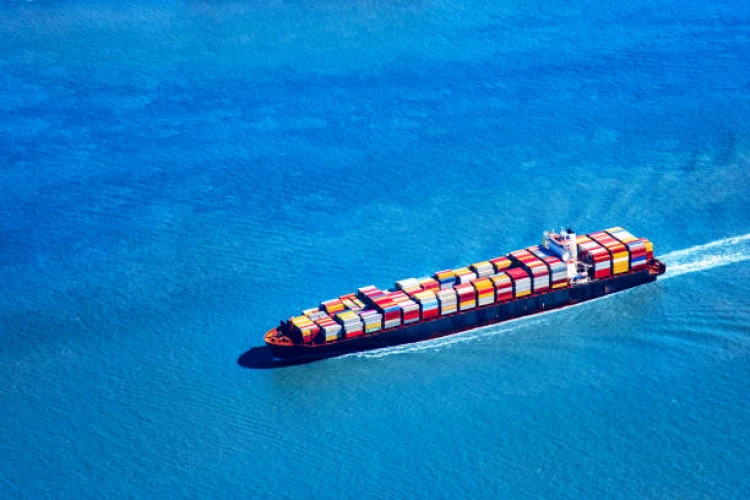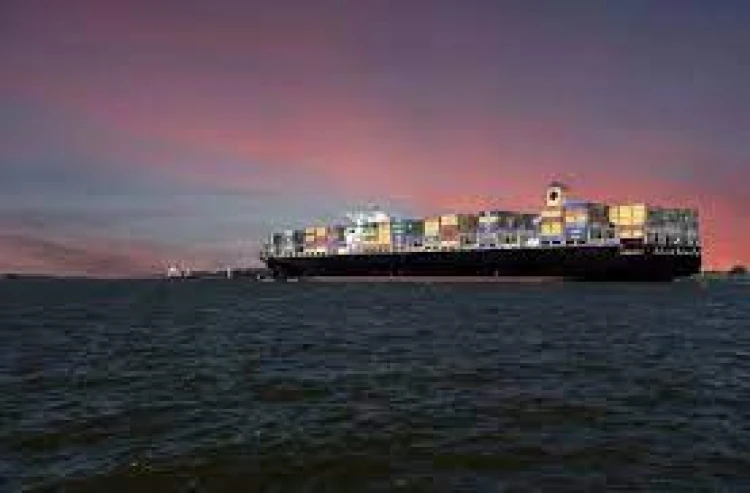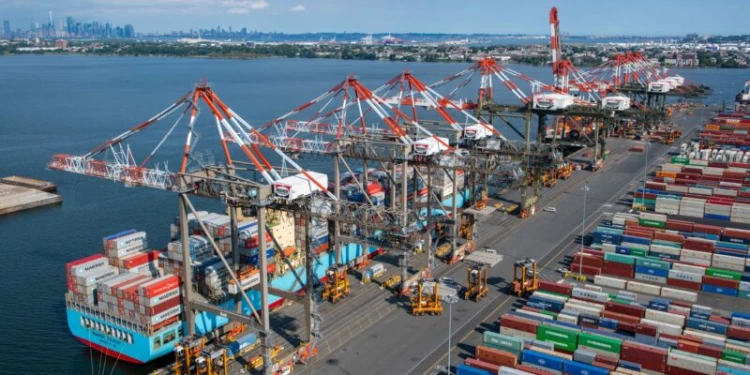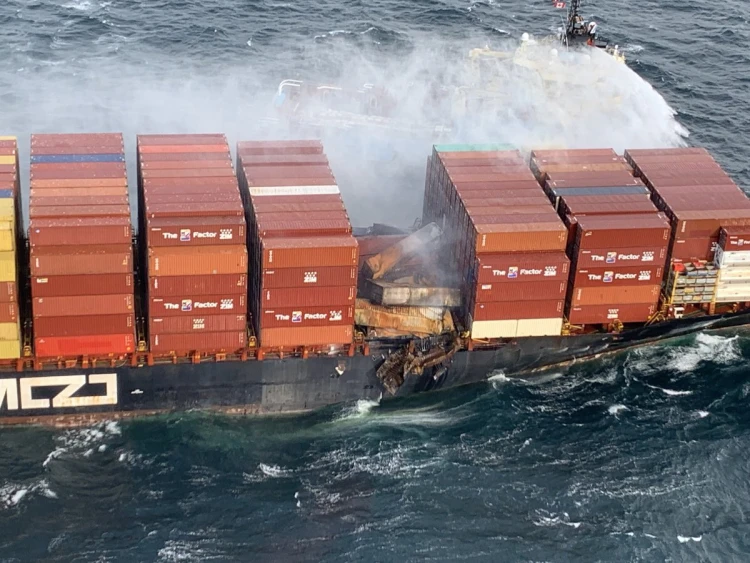Firms Scramble to Cope with Montreal Port Lockout
Wednesday, 25 September 2019

The impact of a lockout that has shut down most activity at the Port of Montreal is already being felt by businesses dealing directly with the facility, while others, such as retailers, say they can hold out for now, reported The Globe and Mail.
“This is very serious for us,” said Diane Sirois, owner of Nova Containers, a La Prairie, Quebec-based company that offers marine container, logistics and distribution services to customers.
“All of our activities have stopped,” Sirois said. “This has whipsawed us just as we were starting to come out of the recession.”
Customers are seeking alternative transit routes, such as through ports in Halifax and Vancouver, she said. “That means a lot of extra costs for them.”
Canadian National Railway has suspended rail service to the port, spokeswoman Julie Sénécal said.
Some customers will be rerouting their shipments to such distant ports as New York and Norfolk, Virginia, said Gilles Corriveau, the spokesman for the Maritime Employers Association (MEA), the group representing companies such as ship owners and terminal operators that use the Port of Montreal's facilities.
It was the MEA that locked out about 850 dock workers as of Monday morning, in a labour conflict over pay guarantees and job security.
The port, one of North America's largest container facilities, handles between 70 and 80 per cent of the consumer goods destined for Ontario and Quebec, Corriveau said.
Everything from French wine and imported furniture to exports of Canadian manufactured products is affected by a lockout, he added.
All commercial operations at the port except for grain handling have been halted as a result of the lockout.
The lockout will cost “millions of dollars a day,” Corriveau said.
Alex Roberton, a spokesman for the Quebec operations of Wal-Mart Canada said: “We don't expect events at the Port of Montreal to affect our customers. We have enough in stock at this point.”
Montreal, the second-largest Canadian port after Vancouver, is a key transit hub for goods destined for the US northeast and Midwest.
Corriveau said the MEA had no choice but to begin a lockout because the pressure tactics used by the unionised dock workers, such as working less overtime, had begun to disrupt operations at the port.
Michel Murray, an adviser to the Longshoremen's Union, CUPE Local 375, said the MEA's move is “needless and unjustified,” given the positive framework of talks that had been taking place as recently as Sunday.
The unionised workers have been without a contract for about 18 months. A key issue is the union's demand that longshoremen retain guaranteed payments when they are on call but not actually working.
The MEA says it simply can't afford to keep paying longshoremen when they aren't working.
Federal Labour Minister Lisa Raitt urged both sides to get back to the bargaining table as quickly as possible and said Ottawa will closely monitor the situation.

06 January 2025
Hurricane Beryl trims cargo volumes in Houston and New Orleans

25 January 2025
Container freight rates tumble

08 February 2025

